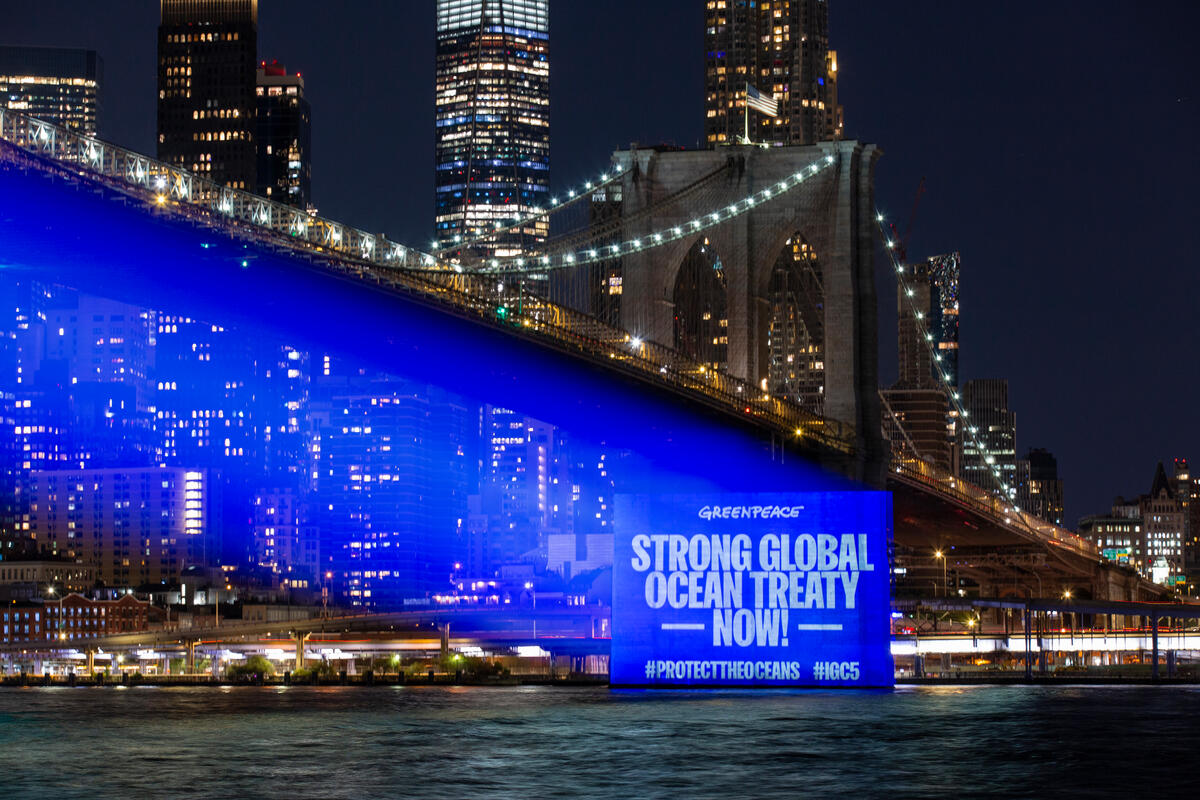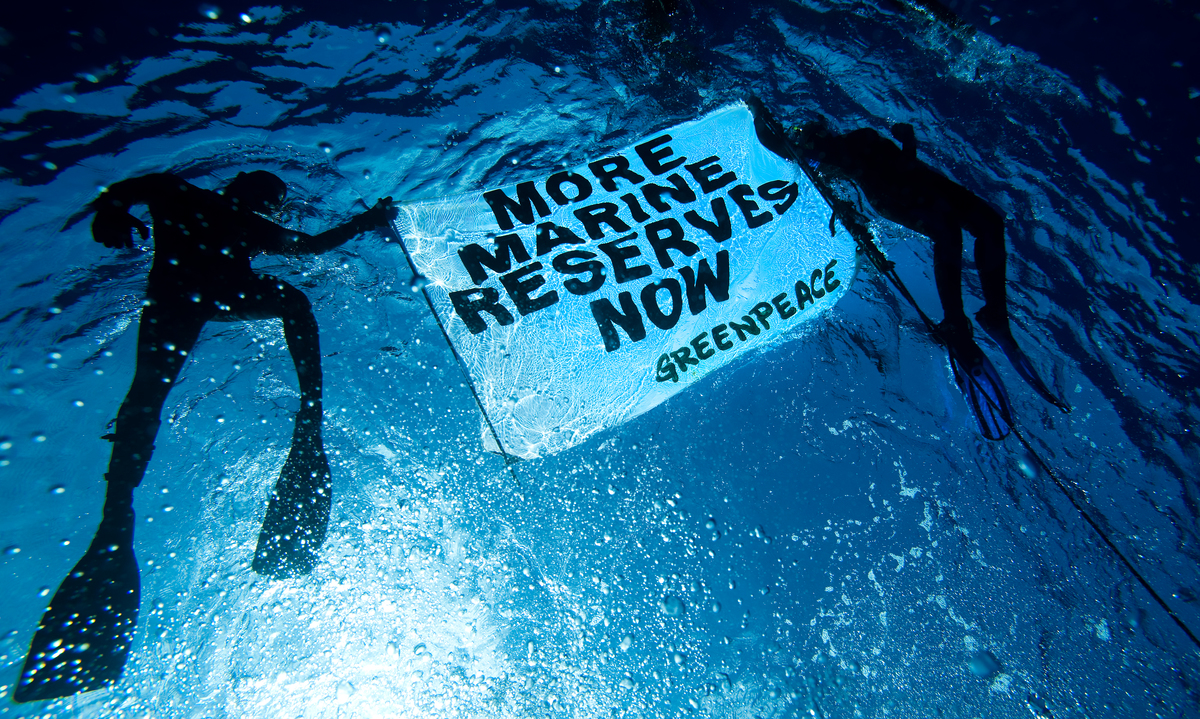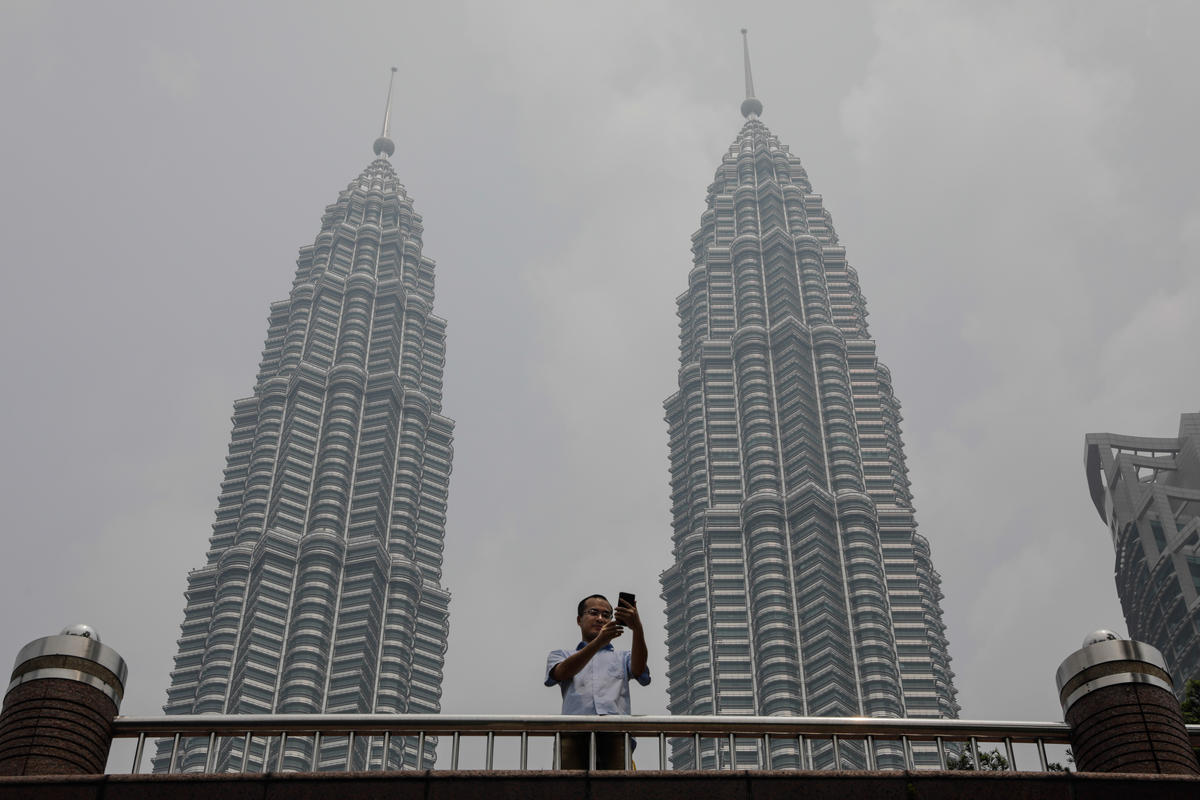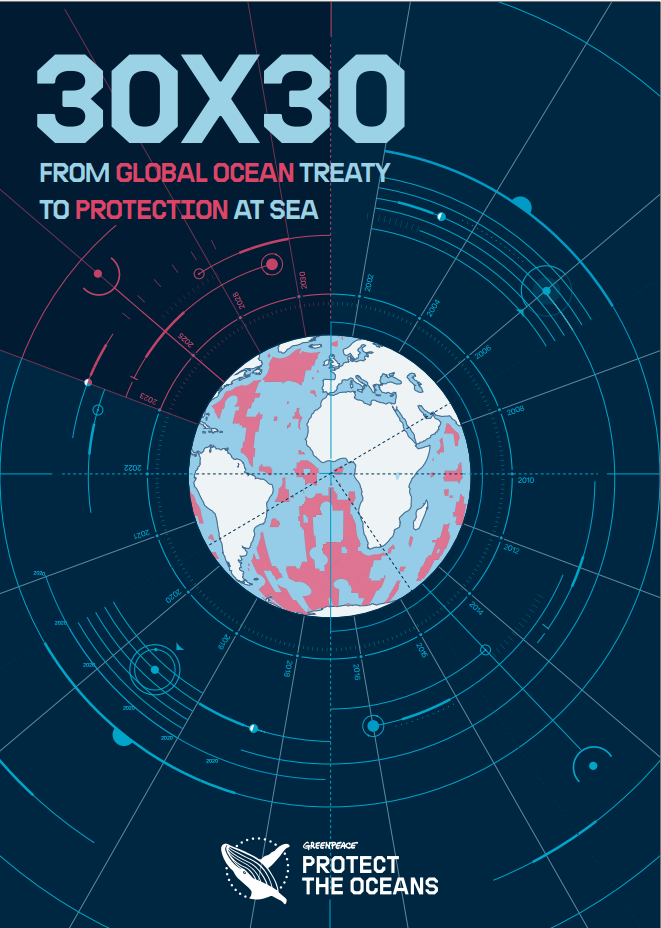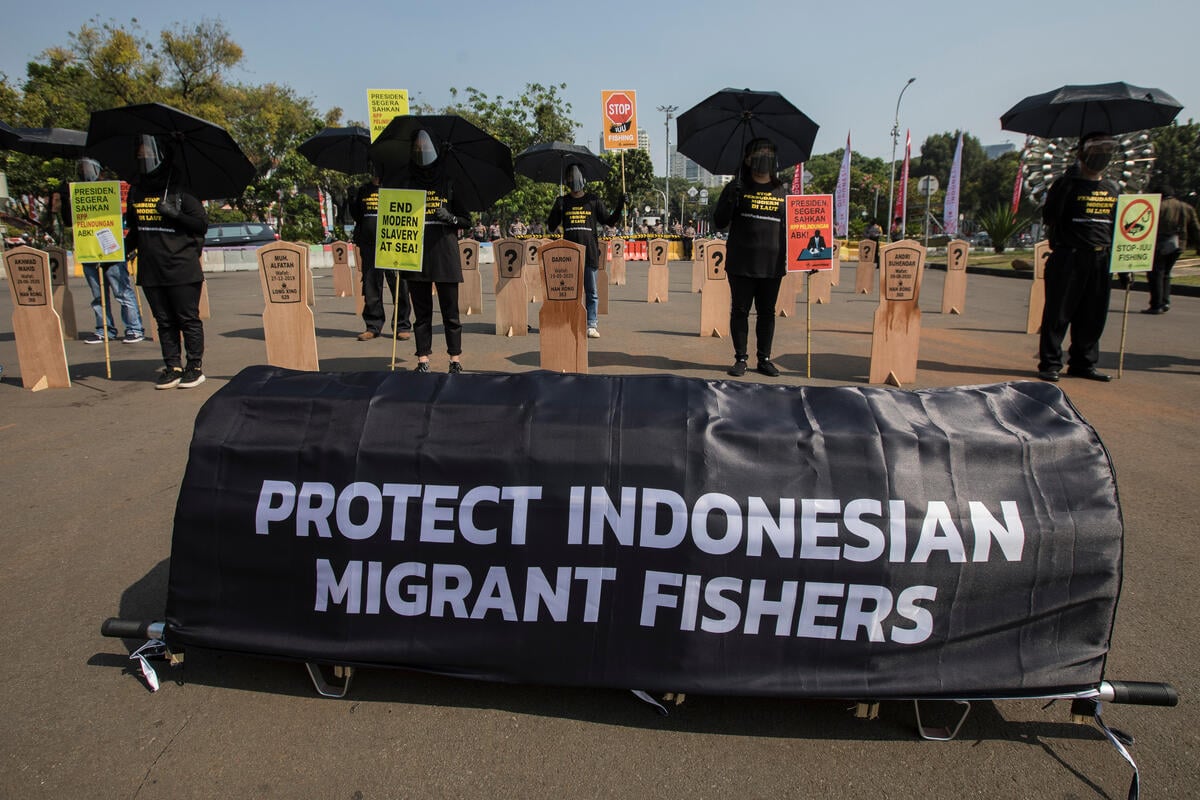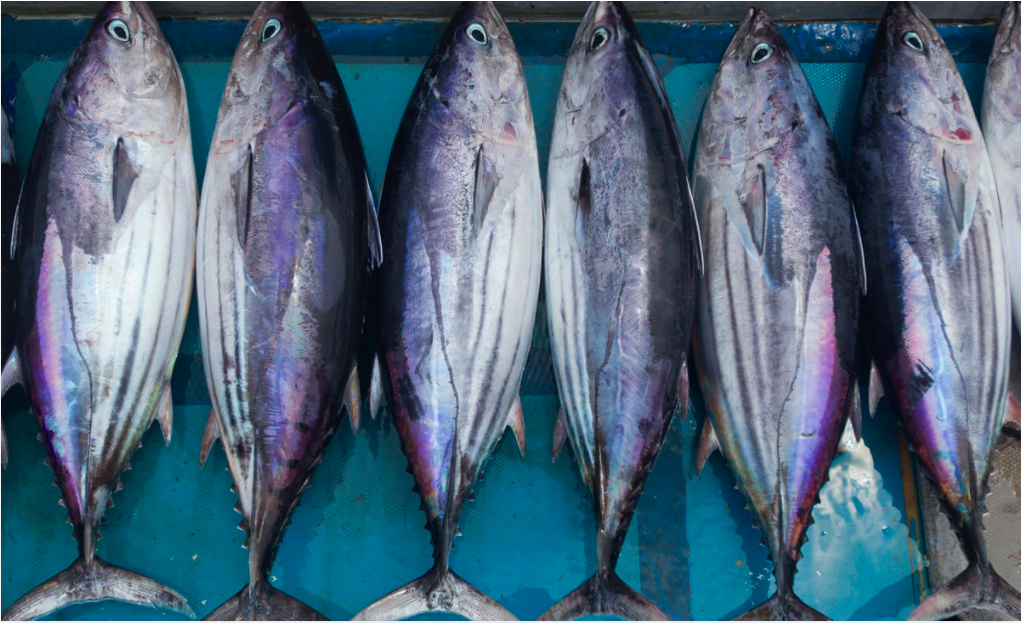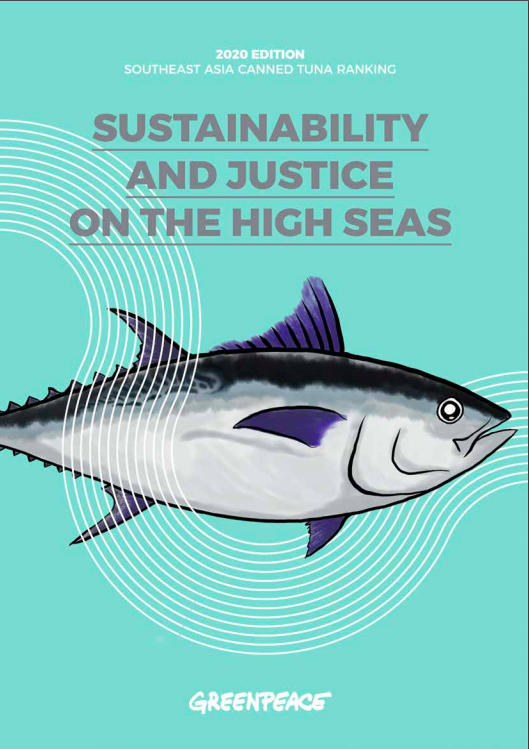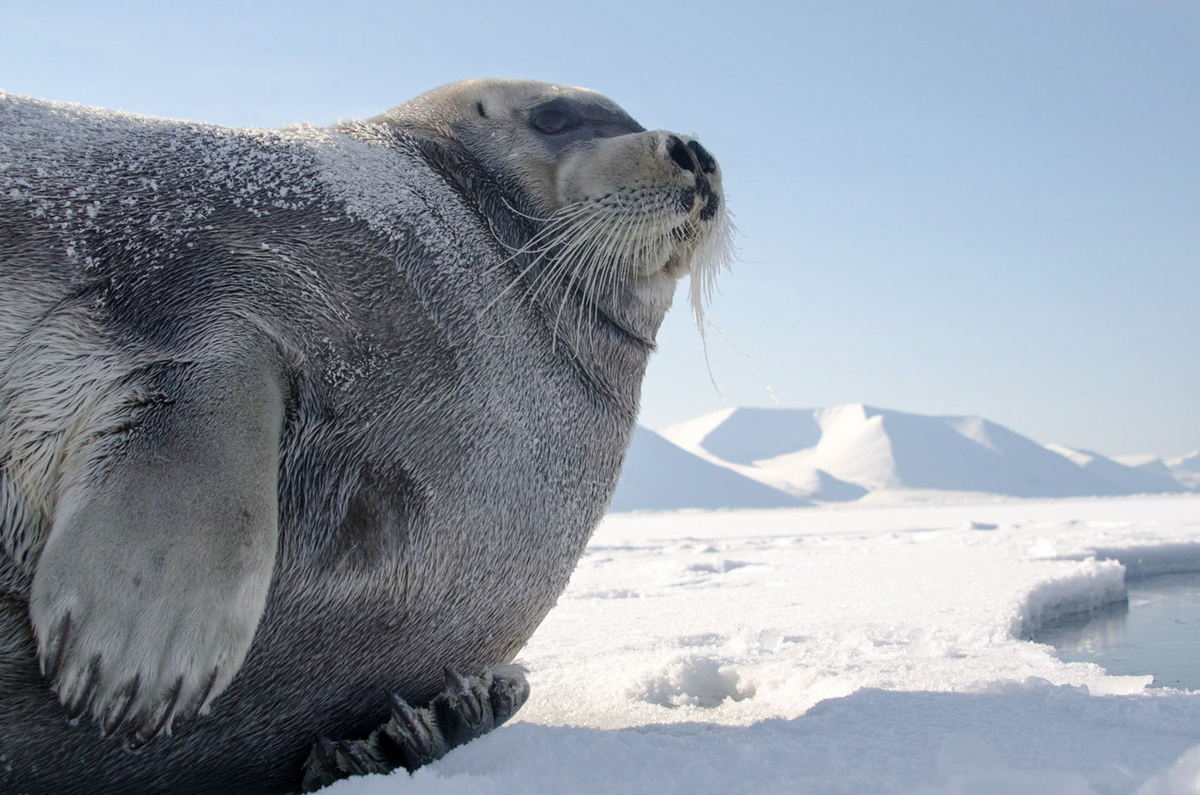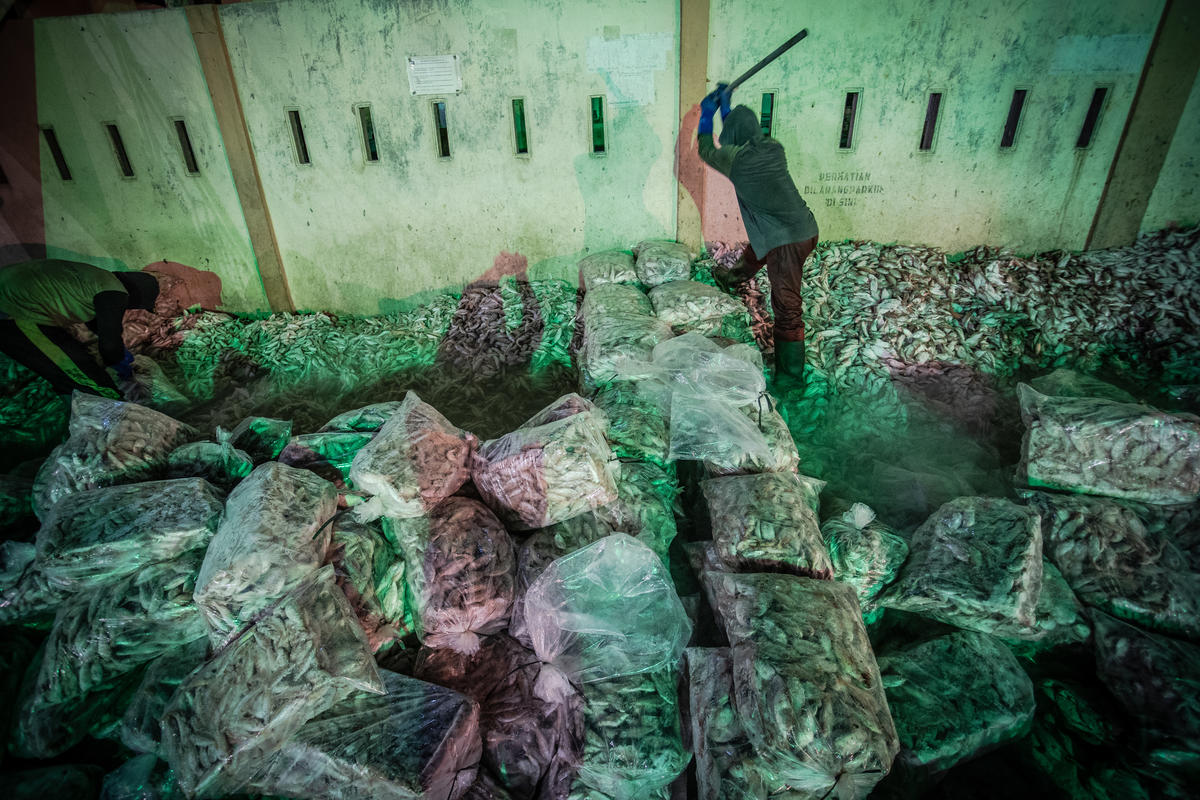All articles
-
6 things you can do for the ocean today
From demanding world leaders ratify the Global Ocean Treaty, to supporting coastal communities to protect their homes and livelihoods, there are many ways you can take action for the ocean today.
-
Red List Fish
Greenpeace's seafood Red List is a scientifically compiled list of 22 marine species that, for a variety of reasons, should not be made commercially available.
-
Oil and gas prospecting near Penang is inconsistent with climate science
In late 2023, Petronas announced a new oil and gas exploration project at the Langkasuka basin, located in the northern area of the Straits of Melaka, just 30km from Penang Island and 20km from Langkawi. New O&G exploration not only detracts from Malaysia’s mitigation responsibilities, but also threatens coastal marine biodiversity, livelihoods of fishing communities…
-
30×30: FROM GLOBAL OCEAN TREATY TO PROTECTION AT SEA
This report details the cumulative threats facing our oceans and includes a new global analysis of high seas fishing activity.
-
The journey towards migrant workers’ protection in Southeast Asia
Efforts to protect migrant fishing workers is much like climbing in the Himalayas. Very high. Very tough. Very distant.
-
The biggest little whales.
When we talk about whales, a lot of the words that come to mind describe how big they are: ‘enormous’, ‘huge’, ‘giant’, ‘largest-ever’, ‘leviathans’. We measure them by double-decker bus,…
-
Greenpeace demands sustainability and due diligence on human rights for tuna industries in Southeast Asia
Lack of support and accountability for migrant fishing crew remain a failing issue, with only 20 percent of major southeast Asian tuna brands providing measures to reduce, or eliminate modern slavery at sea.
-
Sustainability and Justice on the High Seas: 2020 edition Southeast Asia Canned Tuna Ranking
The fourth edition of Greenpeace Southeast Asia’s Tuna Cannery Ranking. Nine canned tuna brands in Thailand, five tuna canneries in Indonesia, and six tuna canneries in the Philippines were evaluated.
-
Saving the Arctic
Most of us will never travel to the Arctic. Even so, this far away region touches our daily lives in ways you may not realise.
-
5 Reasons Modern Slavery at Sea is still possible in 2019
It is a sad truth that even now, on the cusp of 2020, slavery is very much alive in the modern context. This is particularly true in the fishing industry.

